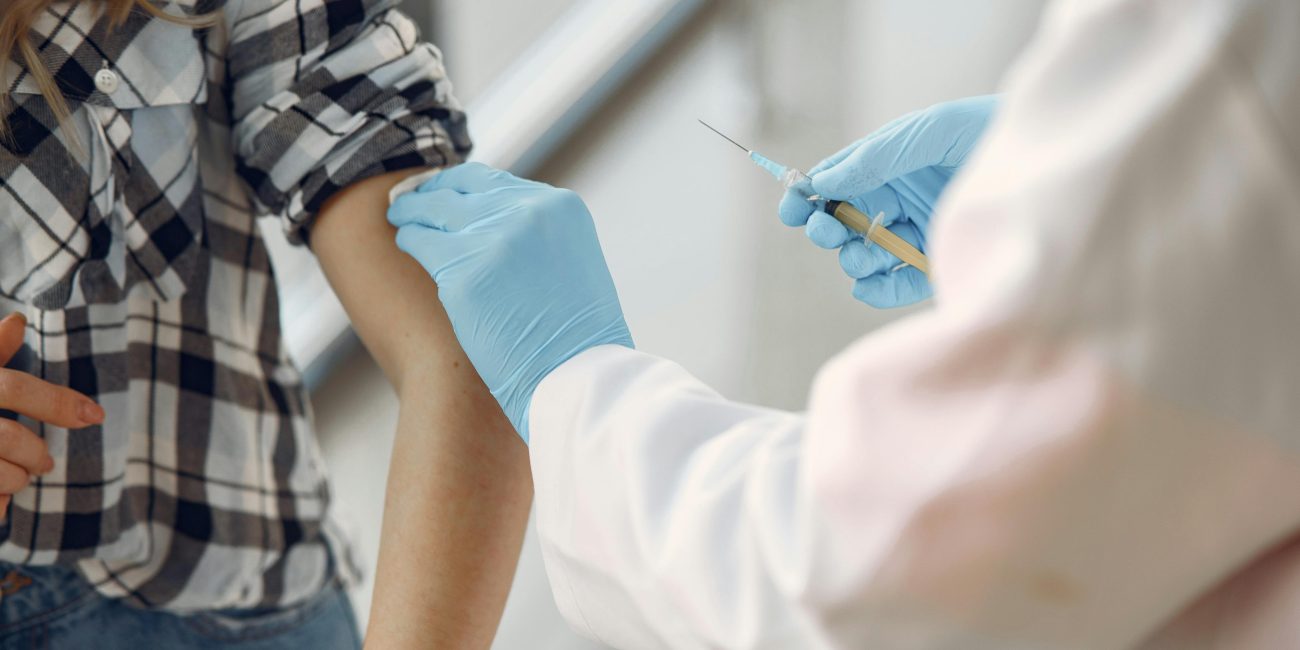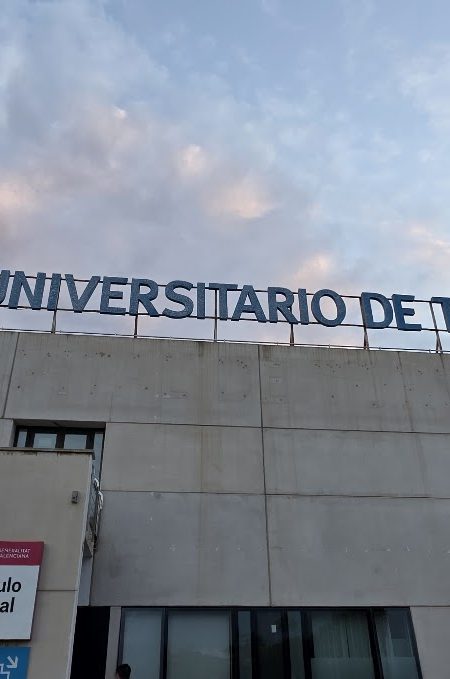The Ministry of Health has expanded its network of overseas vaccination centres to include all 24 health departments. This means that travellers can now receive the necessary vaccines thanks to the establishment of new centres at the Virgen de los Lirios hospitals in Alcoy, Torrevieja, Marina Baixa, Vila Joiosa, and Dénia in the province of Alicante. These centres also operate at La Ribera, Francesc de Borja in Gandia, Arnau in Vilanova-Llíria, Manisses, and Requena, all in Valencia.
Last year, 15,307 travellers were immunised in the Valencian Community. By province, 1,977 were immunised in Castellón, 7,923 were in Valencia, and 5,407 were in Alicante.
According to the Ministry of Health, the Community is among the first autonomous areas to adopt this service in all health departments, “improving and complementing the offerings of the three Foreign Health vaccination centres existing in the Community.” International vaccination is the sole responsibility of Foreign Health, which reports to the Ministry of Health.
Health Risks
Public Health emphasises the necessity of visiting these centres to get vaccinated before travelling overseas. This health service provides individualised and thorough advice and care to overseas travellers, including health counselling, provision of obligatory and recommended immunisations, preventive drugs, and information on the health hazards associated with international travel.
Juan Beltrán, Director General of Public Health, emphasises the collaboration between Public Health and Preventive Medicine in immunising persons travelling from the Community to abroad, “not only to preserve their own health, but also to prevent the international spread of diseases.” He also emphasised the significance of returning to these centres “in the event that any unusual circumstance occurred during the trip that requires a medical consultation.”
Similarly, if you encounter symptoms such as fever, diarrhoea, joint pain, or skin sores, you should notify your doctor right once about any recent travel to tropical or impoverished nations, as some illnesses can manifest months after you return.
Found in hospitals
The Community’s foreign vaccination centres are located in hospitals and are mostly manned by Preventive Medicine personnel.
These centres serve an important role in promoting health education and informing travellers in order to protect public health and avoid the potential importation of diseases caught while visiting other countries. As preventive measures, they provide malaria prophylaxis when necessary, as well as vaccinations based on the type of trip, duration, and destination country.
According to his office, “This work is essential not only to protect the individual health of those travelling to destinations with specific health requirements but also as part of public health strategies, contributing to disease prevention and control.”
Assessment before travelling
Beltrán encourages “every traveller planning to visit a developing country to make an appointment at a specialised travel medicine centre well in advance to be evaluated four to eight weeks before departure .”
The two most prevalent dangers linked with international travel are mosquito bites and exposure to polluted water and food, as well as the possibility of related diseases, particularly in tropical and subtropical countries.
Other risk concerns to consider when travelling internationally include solar radiation, heat and humidity, tick bites, and contact with animals that can be carriers of infectious diseases, as well as traffic-related health problems.









No Comment! Be the first one.